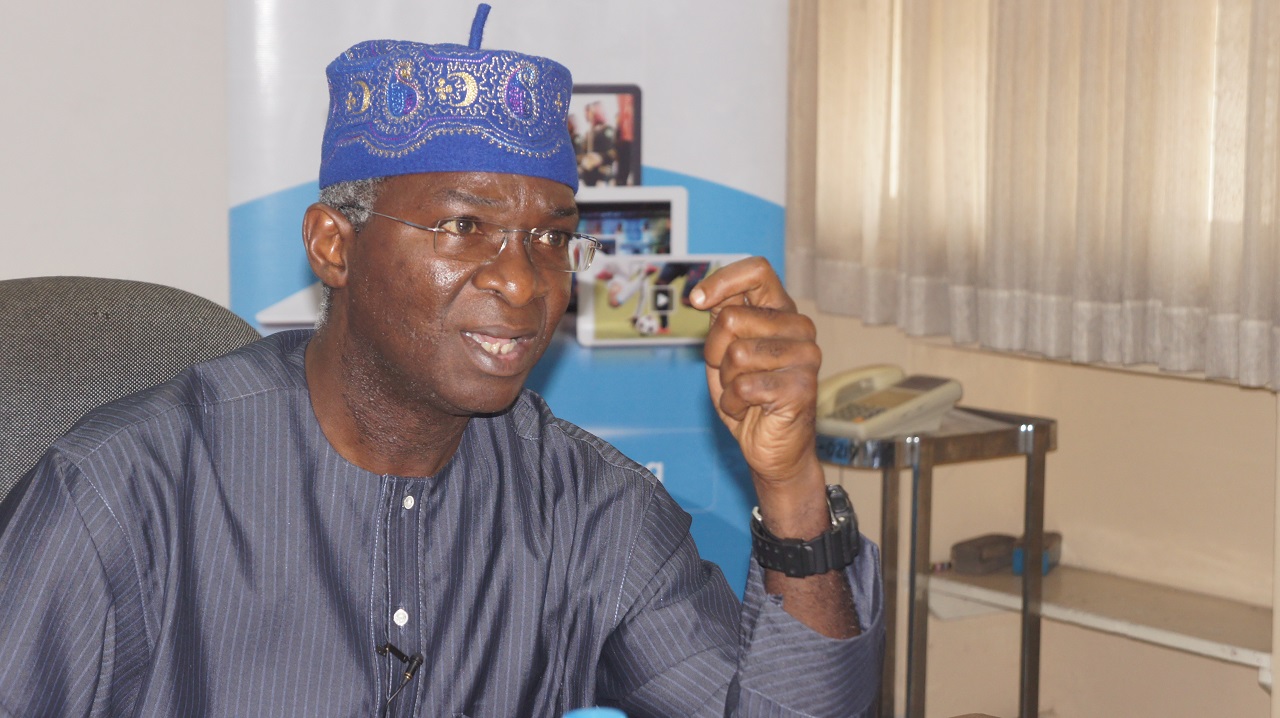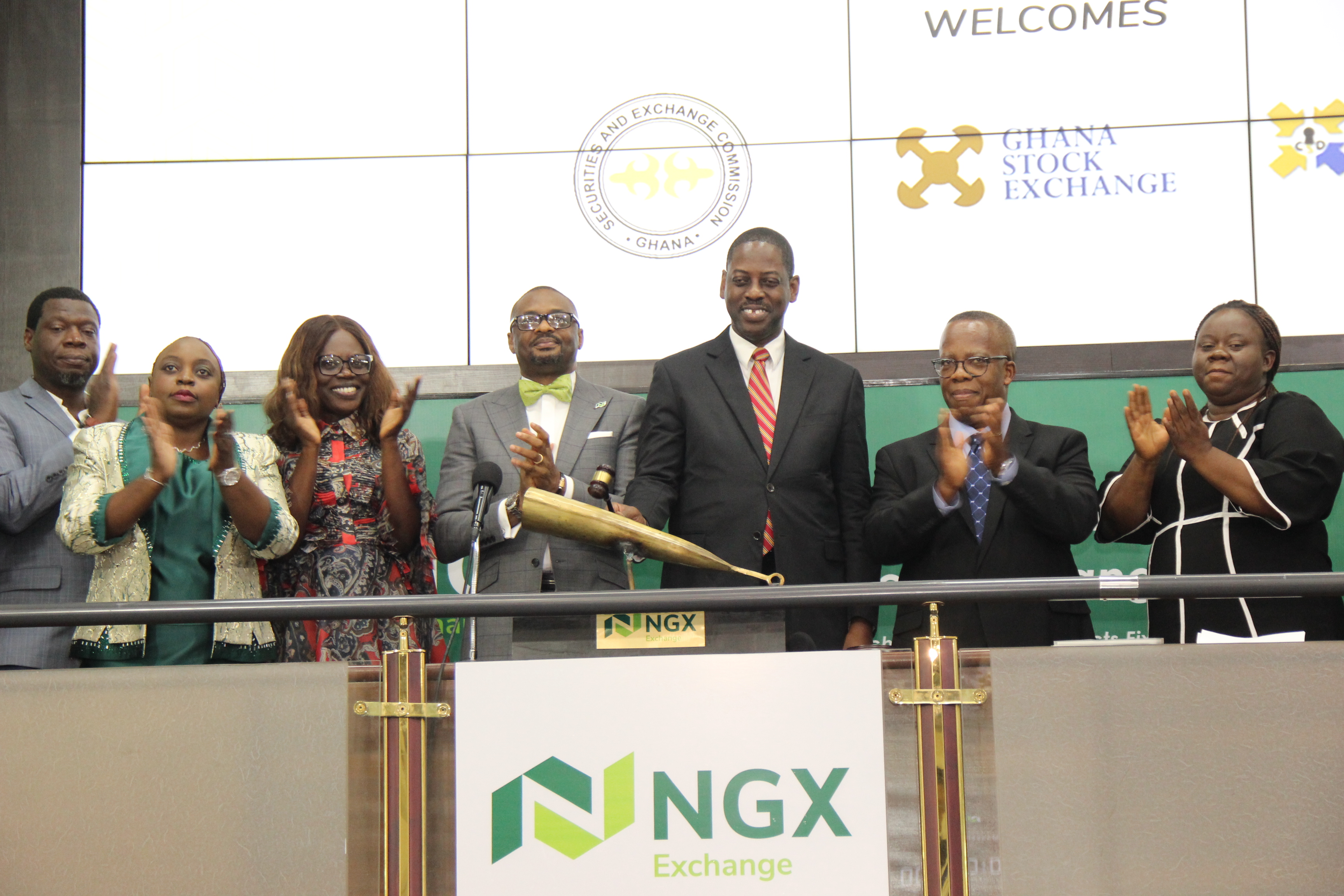Nigerians have described recent pronouncement of the Federal Government through the Bureau of Public Enterprises (BPE) that it is considering a number of options, including cost-reflective tariffs and injecting new investors into the electricity distribution and generating companies as a clear acceptance that the sector reforms since the beginning of the administration have failed.
Industry experts and electricity customers, who spoke to our correspondents nationwide in an opinion pool collated on Wednesday, recalled that the Minister of Power, Works and Housing, Mr. Babatunde Fashola, had during the 2015 election campaign argued that a government that failed to provide steady electricity in six months of office has no business remaining put.
It was not clear if President Muhammadu Buhari had relied on that statement to appoint him the supervising minister.
Key indicators of failures in the power sector since the beginning of the current administration include momentary collapse of national grid, skyrocketing cases of crazy bills through estimated billings, official delays in providing prepaid meters by Discos, slow pace in the provision of major power infrastructure and high cases of debts owed both Gencos and Discos.
However, in his submission at a workshop on anti-bribery and anti-corruption facilitated by the Director of Malkara Consulting, Australia, Mr Chris Douglas, the Director General of BPE, Mr. Alex Okoh revealed that due to the abysmal failures so far recorded in the sub-sector, some of the options currently on the table for consideration include a proposal to spice the investment of the current core investors in the power companies by bringing in new investors as well as increasing tariffs to enable the operators to recover costs and invest in new equipment.
According to him, “It is one of the options (new investors). It is not the only option we are considering; we don’t believe that is the only solution.
“If you bring in new investors and you don’t correct the market distortions, it will still be the same result.
He explained further that “The options include setting the right cost or price framework for the market. If a market cannot guarantee price recovery; as an investor, you come into a business and you cannot recover the cost of doing that business, the likelihood is that you will not do the business in the first place.
“So, there is a whole suite, a whole bouquet of interventions and initiatives that we are looking at, including cost-reflective tariffs. In the case where that is not possible, we are looking at other compensation strategies that we can put in place for the Discos.”
Continuing, he hinted that government had already looked at the capacity of the Discos to technically manage the franchises, saying “We have to look at the capacity of the Discos to invest in the distribution infrastructure – issues around transformers, meters and their revenue collecting assurance programme”.
“So, it is a whole bouquet; and if you look at the Power Sector Recovery Programme, it provides a clear road map to resetting the entire industry and making sure that the Discos are able to deliver on power.
“For us, it is not necessarily the process of the sale of the Discos that has created those problems in the distribution network. It is some of the issues of assumptions that were made to make the market viable. Those assumptions have not been implemented yet,” Okoh noted.








